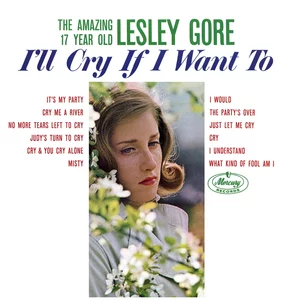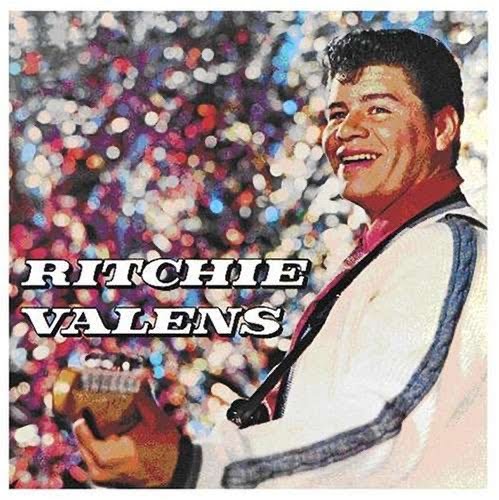Although popular music has included profanity for decades, its prominence in Top 40 songs today is growing. While it is commonplace to have curse words in songs today, recent hits have taken it a step further by including the f-word in the title.
In August of 2010, little-known artist Cee Lo Green released his song, also titled F*** You, online which promptly became an internet sensation. As popularity grew, a new version surfaced in which the lyrics and title were modified to “Forget You.”
Shortly following Green’s growing hit was the release of Pink’s second single from her greatest hits album, “F***in’ Perfect.”
Perhaps the most crude example of this new habit is Enrique Iglesias’s single “Tonight I’m F***ing You.” Most who hear these songs on the radio have no idea what the song is actually saying.
“My mom loved ‘Forget You’ and I had to tell her what the real song was,” English teacher Julia Hanneman said. Although the radio features cleaner versions, there is still great controversy over the uncensored lyrics.
“If it’s the artist’s original words, cursing helps a song because it’s what they meant to say in the first place,” senior Andy Nguyen said.
With the obvious issue of free speech at hand, Nguyen is not alone in the opinion that artists should be allowed to express themselves openly. However, many feel that the use of profanity is not an artist’s form of expression at all; on the contrary, others at AHS feel that curse words actually take away from the innovation of songwriting.
“Words today are starting to mean so much less than they used to; they aren’t as strong anymore because of how much people use profanity,” Hanneman said. “Inappropriate things are becoming much more common, making them seem more appropriate.”
Senior Lucy Webb also feels that there is a problem with songwriting today. “It shows a lack of creativity and talent when people use in music. People don’t know how to write, so they use curse words,” Webb said.
As the world today is shifting to more advanced sources of technology, artists can include profanity without the worry of being censored by the FCC through sites like Youtube, VEVO and Pandora.
In addition to this, profane artists can now also release censored and uncensored versions of their songs on iTunes, providing an opportunity for increased revenue.
No matter your opinion on vulgarity in music, it is clear that this habit is not going to be broken any time soon.





